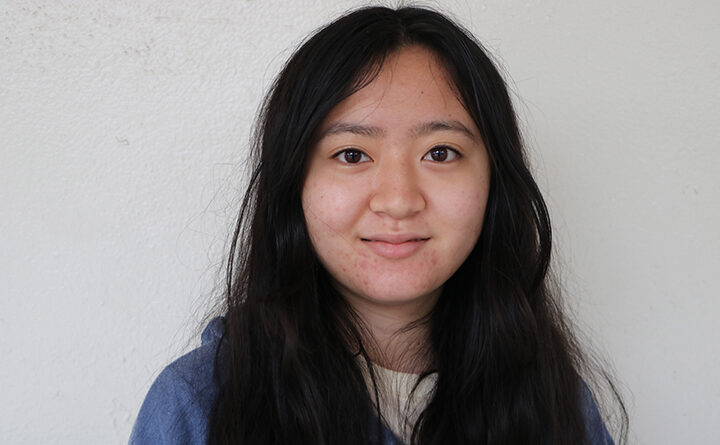Celebrating as half Chinese and half Japanese
I am half Chinese from my mother’s side and half Japanese from my father’s side. I have two last names smushed together, one from my mother and one from my father.
Despite being Chinese, my mother immigrated from the Philippines with her parents and sisters. Her family has resided in the Philippines for generations as immigrants from China. She interestingly understands Tagalog but cannot speak it after spending years in America. She does not speak Chinese at all. My father, on the other hand, is fluent in Japanese. He was born in San Francisco to Japanese immigrants. I can hardly remember what my Japanese grandparents look like. If I passed them on the street I do not think I would recognize them. I have never been to Japan or China. I traveled to the Philippines once when I was one year old.
My family celebrates the lunar new year slightly differently from most people. This lunar new year, I learned many new things from Chinese friends that I never knew before. Apparently, the Lunar New Year is a 15 day celebration. Historically, my family has celebrated the Lunar New Year with a single day feast. On the day of that feast, my cousins, brothers, and I receive red envelopes from my family. One envelope always stands out the most. Instead of a Chinese red envelope, my parents hand me “otoshidama” in a Japanese envelope called a “pochi-bukuro.” Typically, Japanese children receive otoshidama on Jan. 1, but my parents decided to hand it out on lunar new year.
My family also celebrates the regular new year in an interesting way. My father shares his culture with my mother’s family by cooking traditional Japanese new years’ foods. My Chinese family would gather around the table drinking “ozoni,” a traditional soup with mochi inside. After dinner, in American fashion, we would stay up until 12 a.m. and watch the New Years’ countdown in Times Square. As the new year began, our Chinese grandmother would hand us small bells to ring around the house and chase the bad spirits away. As a child, I remember fighting over the biggest bell with my brothers and cousins.
Being half in America oftentimes makes me feel distant from my roots. It’s easy to lose track of your identity when you feel that you do not belong in any culture, whether it be Chinese, Japanese, American, or Filipino. I always feel slightly jealous towards classmates who are full Chinese or full Japanese.
I do not think that the feeling of unbelonging will ever go away. It will always be a part of me. However, I think that my unbelonging is accompanied by a belonging to my unique situation. No family probably celebrates the New Year the way we do and I think that our traditions are a way for my siblings and me to feel accepted and celebrate many different aspects of our heritage. Overall, I like being half Chinese and half Japanese, especially because I get the opportunity to enjoy the best cuisines in the world (totally not just my opinion).


I’m also mixed, and believe that the best thing we could do to get more in touch with our cultures is to research as much as possible. Although it is difficult having to deal with the always looming feeling of being an outcast, its just how things are when you’re either too American for one culture or too foreign to be an average American.